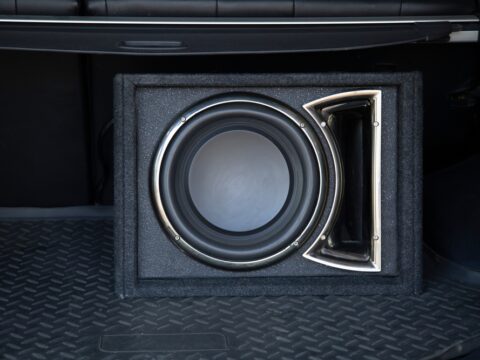Maintaining your car properly is crucial for its performance and longevity. However, many car owners make common mistakes that can lead to costly repairs and unsafe driving conditions. In this article, we’ll explore 17 frequent blunders to avoid during car maintenance, ensuring your vehicle stays in top shape and runs smoothly for years to come.
Contents
Neglecting Regular Oil Changes
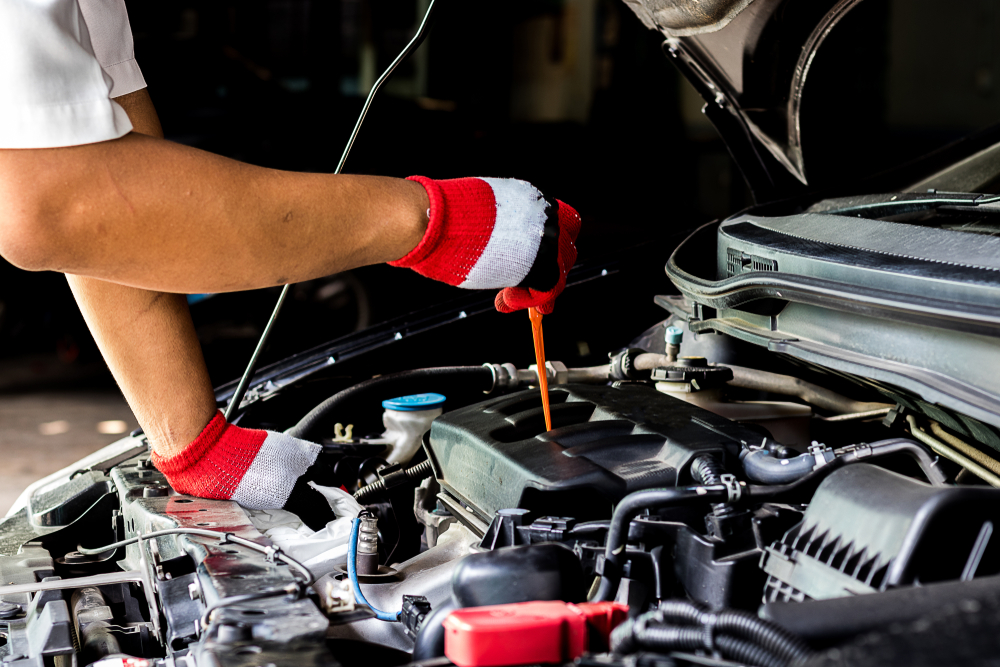
Skipping regular oil changes can lead to severe engine damage. Engine oil lubricates and cools the moving parts, preventing excessive wear and tear. Over time, oil degrades and loses its effectiveness, which can cause overheating and part failures. Changing the oil every 5,000 to 7,500 miles is crucial for maintaining engine performance.
Ignoring Tire Maintenance
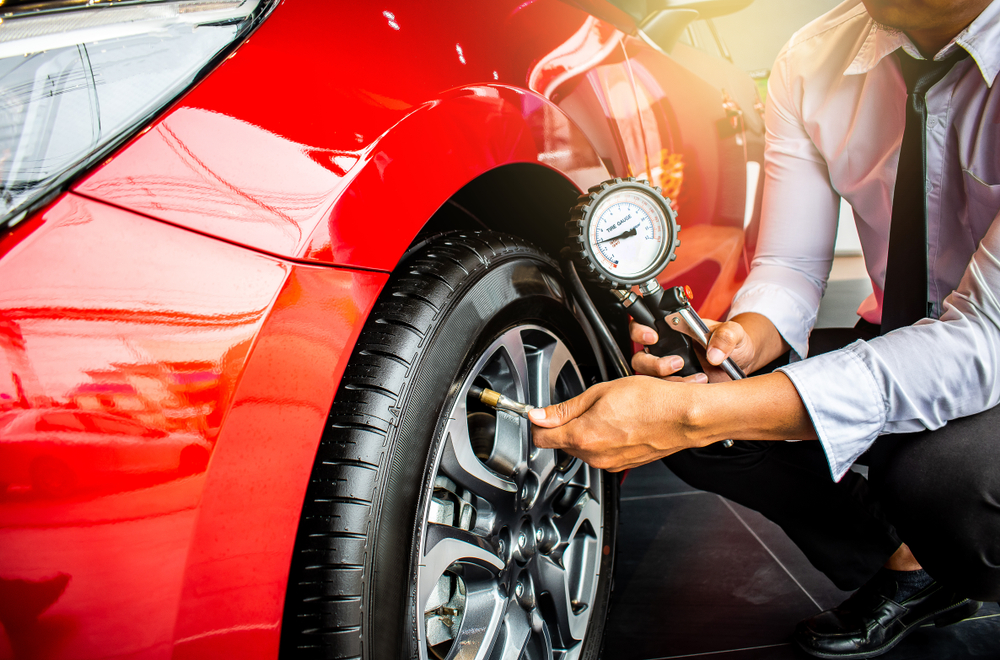
Failing to check tire pressure and tread depth compromises safety and fuel efficiency. Underinflated tires wear out more quickly and negatively impact handling, while overinflated ones can result in blowouts. Rotating the tires every 5,000 to 8,000 miles ensures even wear. Proper tire maintenance not only improves fuel economy but also extends tire life.
Overlooking Brake Inspections
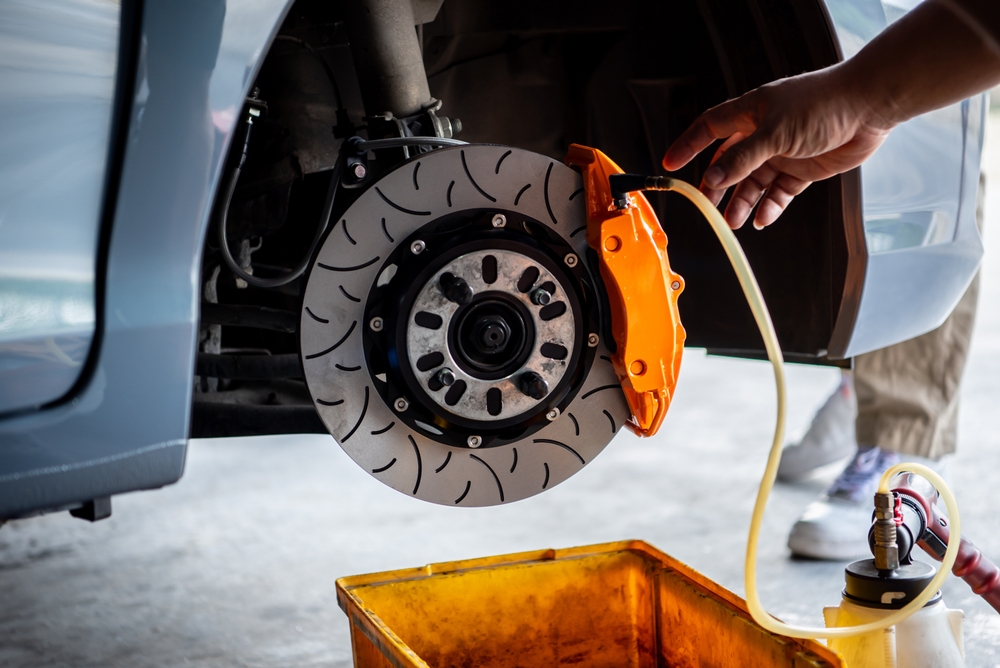
Ignoring brake inspections can lead to dangerous driving conditions. Regularly checking the brake pads, rotors, and fluid levels is essential. Squeaking or grinding noises often indicate worn brake pads. Maintaining the braking system prevents failures and ensures safe stopping power.
Forgetting to Replace the Air Filter
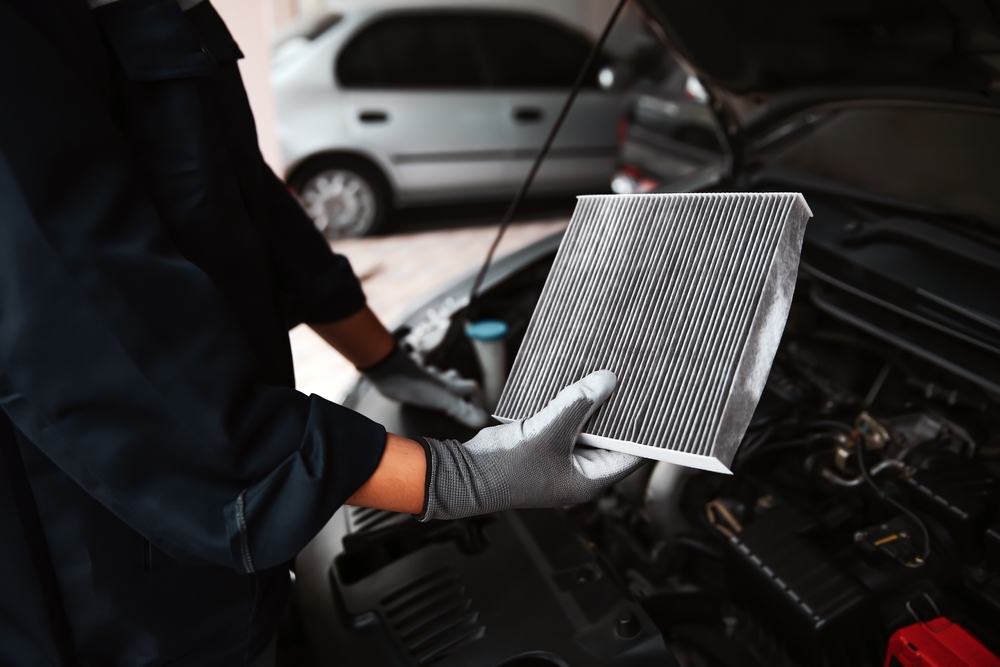
A clogged air filter reduces engine efficiency and performance. It prevents dirt and debris from entering the engine, but when it’s dirty, it can cause poor fuel economy and increased emissions. Replacing the air filter every 15,000 to 30,000 miles keeps the engine healthy. A clean filter allows for optimal airflow.
Using the Wrong Engine Coolant
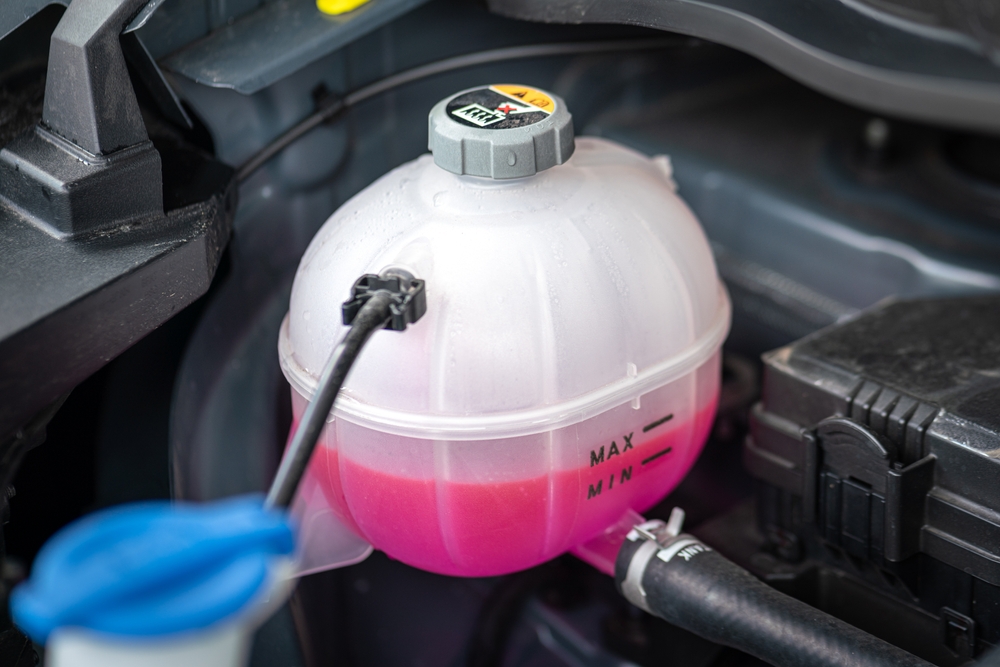
Mixing different coolants or using the wrong type can cause engine overheating and damage. Each engine requires a specific coolant type, as specified in the owner’s manual. Regularly checking coolant levels prevents overheating. Using the correct coolant ensures the engine remains at the right temperature.
Skipping Battery Maintenance
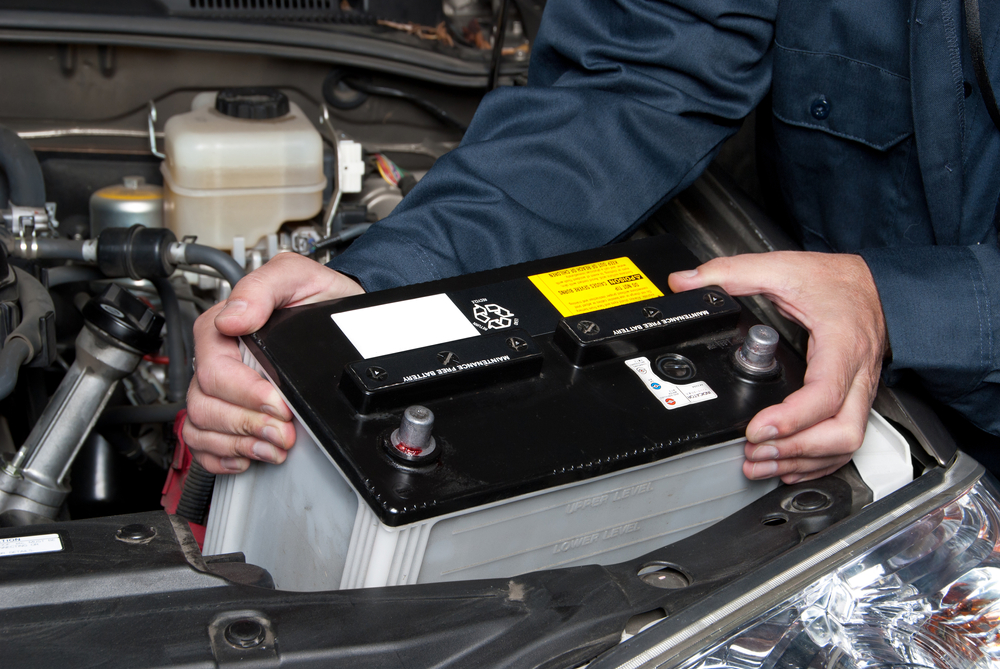
Neglecting the car battery can lead to unexpected breakdowns. Corroded terminals and low electrolyte levels can diminish battery performance. Regularly clean the terminals and check electrolyte levels if the battery is not maintenance-free. Replacing the battery every 3-5 years ensures reliable starting power.
Ignoring Warning Lights
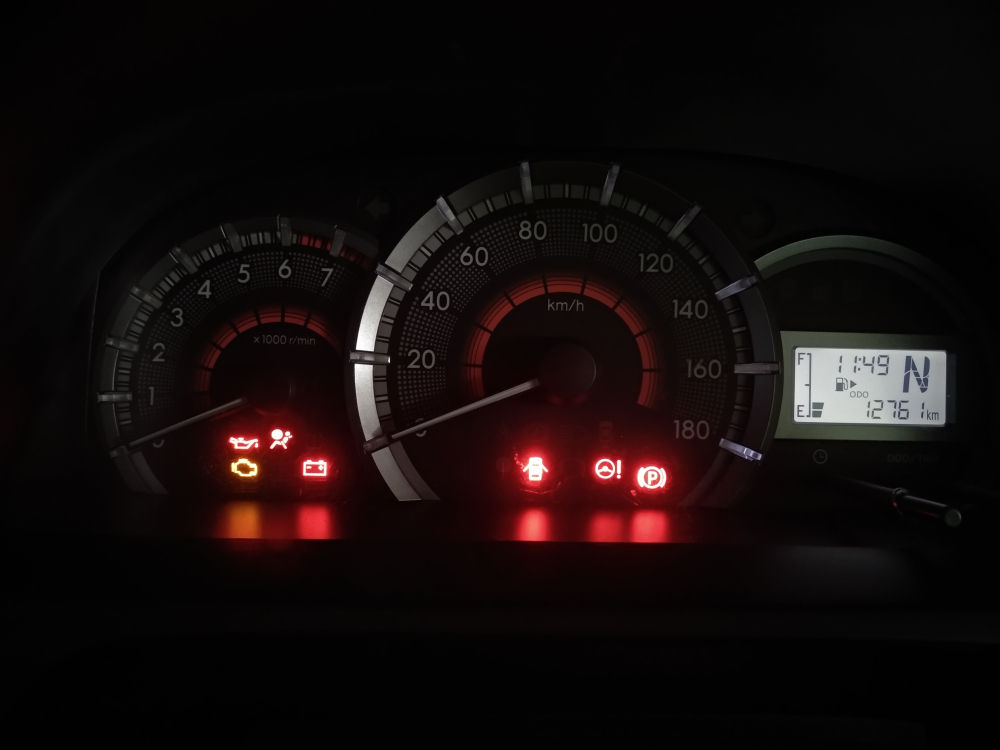
Ignoring dashboard warning lights can lead to major mechanical issues. These lights signal problems like low oil pressure, brake system issues, or engine trouble. Promptly addressing these lights can prevent further damage and expensive repairs. Regular diagnostic checks help identify and fix issues early.
Not Checking Fluid Levels
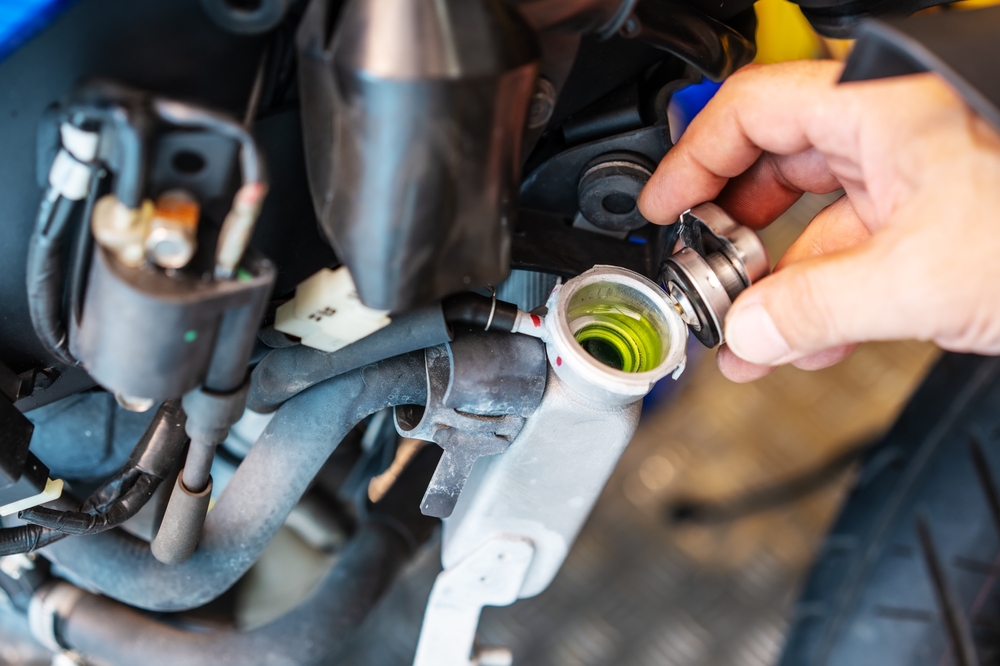
Neglecting to check and top off fluids such as transmission, brake, and power steering fluid can cause system failures. Low fluid levels lead to poor performance and component wear. Regularly inspecting fluid levels and topping off as necessary maintains smooth operation. Proper fluid levels extend the lifespan of vehicle components.
Using Incorrect Tire Size
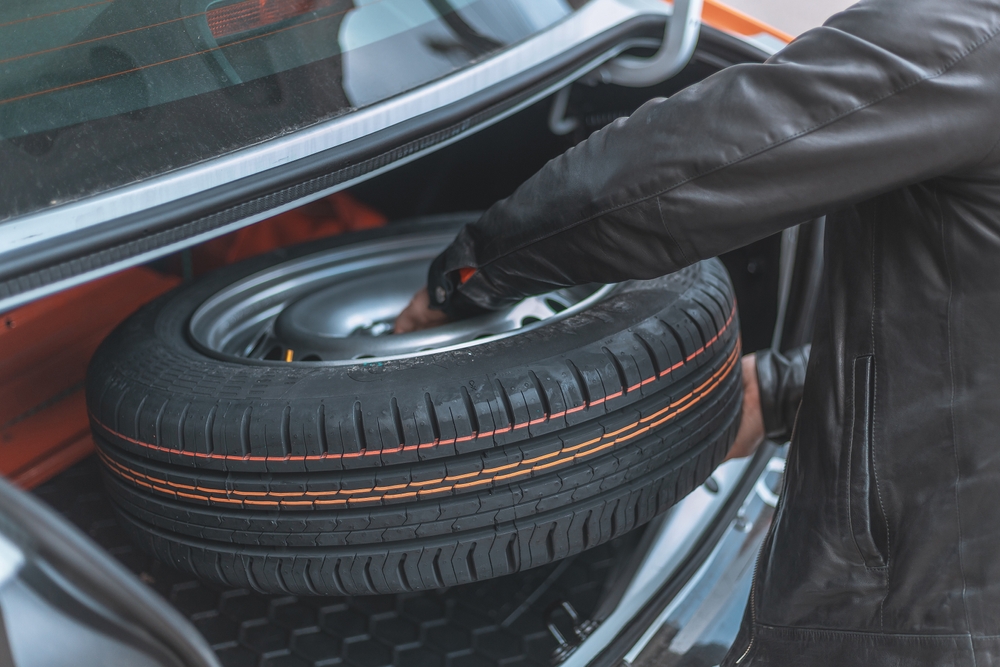
Using tires that do not match the recommended size for your vehicle can affect handling, fuel efficiency, and safety. Tires should match the specifications in the owner’s manual. Incorrect tire size leads to uneven wear and impacts suspension system performance. Always use the correct tire size for optimal performance and safety.
Overlooking Timing Belt Replacement
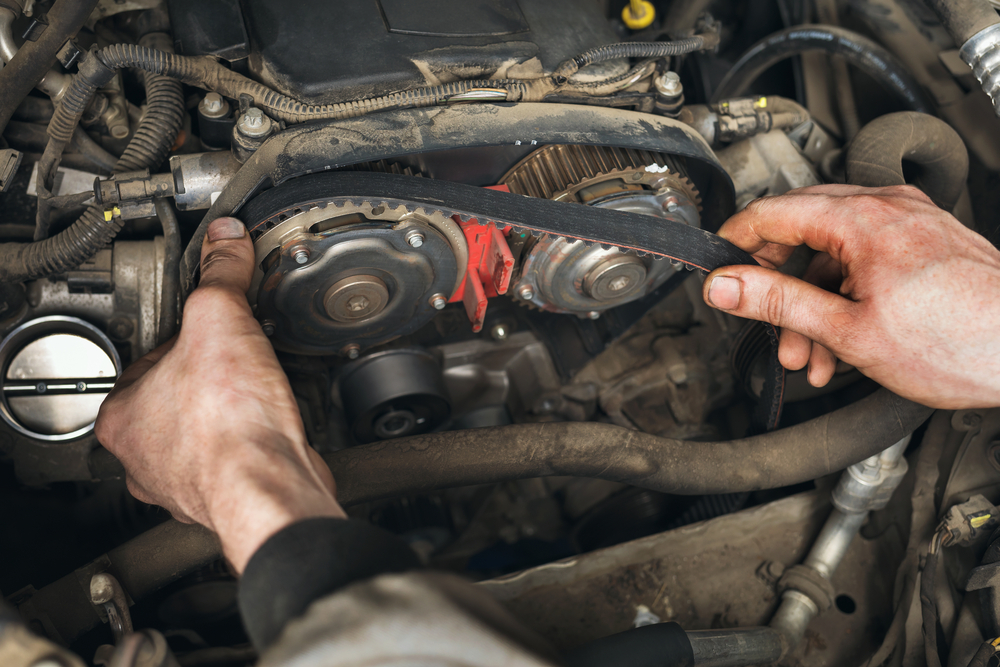
Failing to replace the timing belt at the recommended interval can result in catastrophic engine damage. The timing belt synchronizes the engine’s camshaft and crankshaft. If it breaks, it can cause severe internal engine damage. Replace the timing belt every 60,000 to 100,000 miles as specified by the manufacturer.
Failing to Inspect Suspension Components
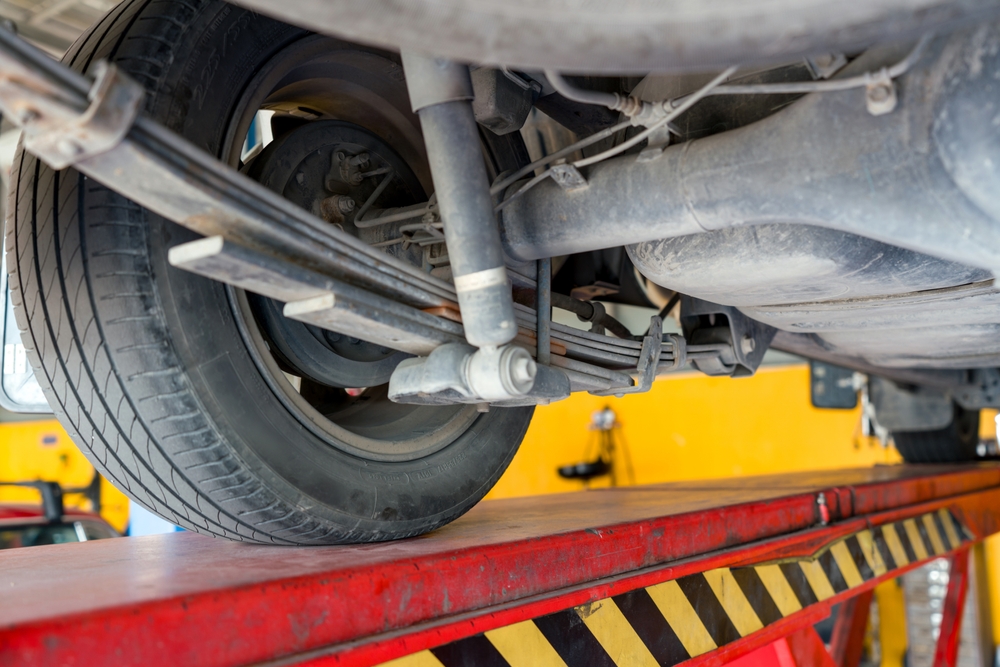
Ignoring suspension maintenance can lead to poor handling and ride comfort. Suspension components like shocks, struts, and bushings wear out over time. Regular inspections can detect wear and prevent further damage. Maintaining the suspension system ensures a smooth ride and vehicle stability.
Using Substandard Replacement Parts
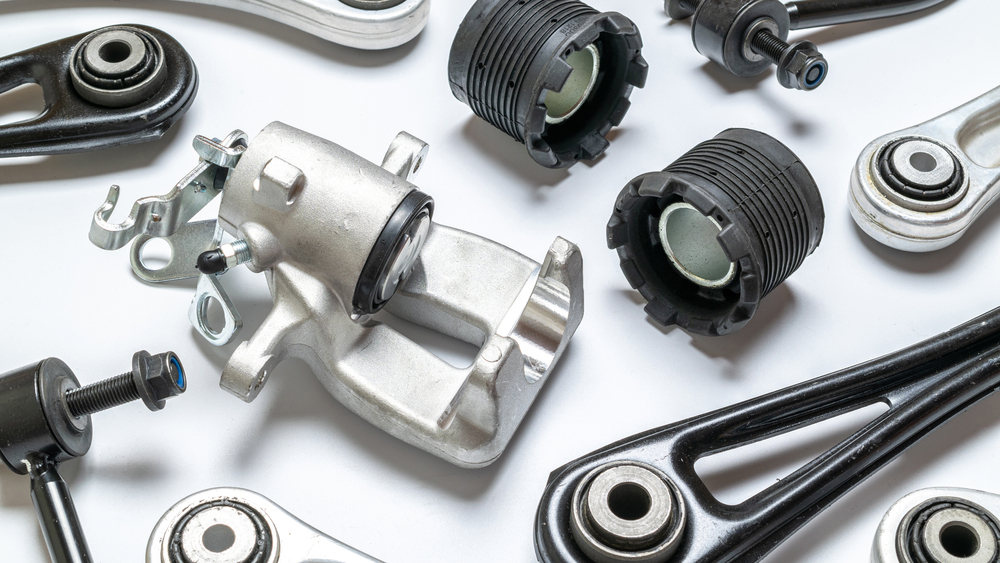
Opting for cheap, substandard replacement parts can compromise vehicle performance and safety. Always use high-quality, OEM (Original Equipment Manufacturer) parts. Inferior parts may not fit properly and can fail prematurely. Investing in quality parts ensures reliability and longevity.
Ignoring Wheel Alignment
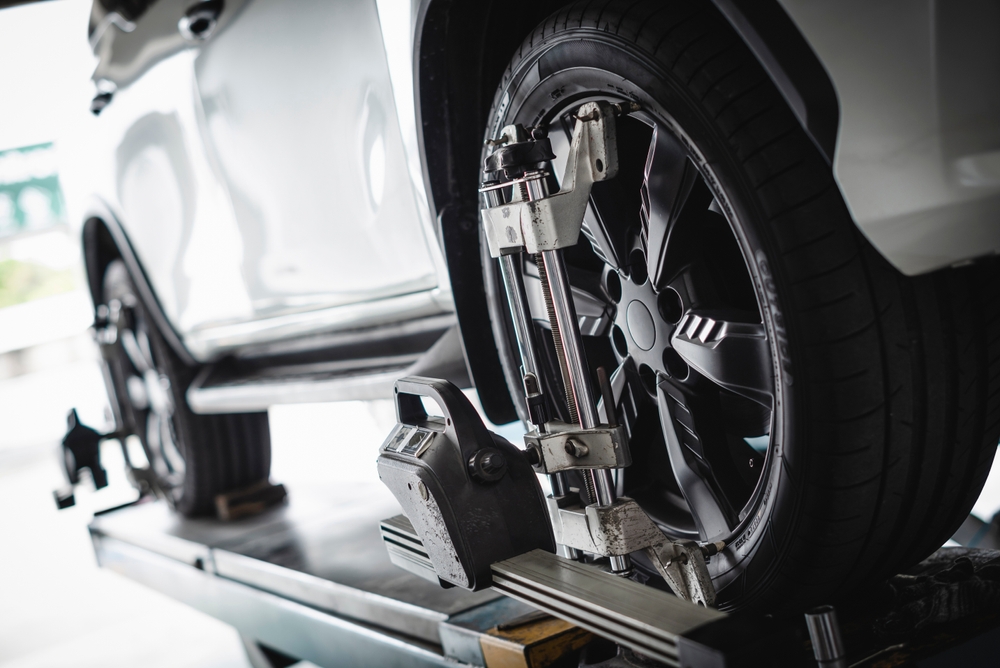
Poor wheel alignment can cause uneven tire wear and affect handling. Regular alignment checks, especially after hitting potholes or curbs, ensure tires wear evenly and the vehicle tracks straight. Proper alignment improves fuel efficiency and extends tire life.
Not Flushing the Radiator
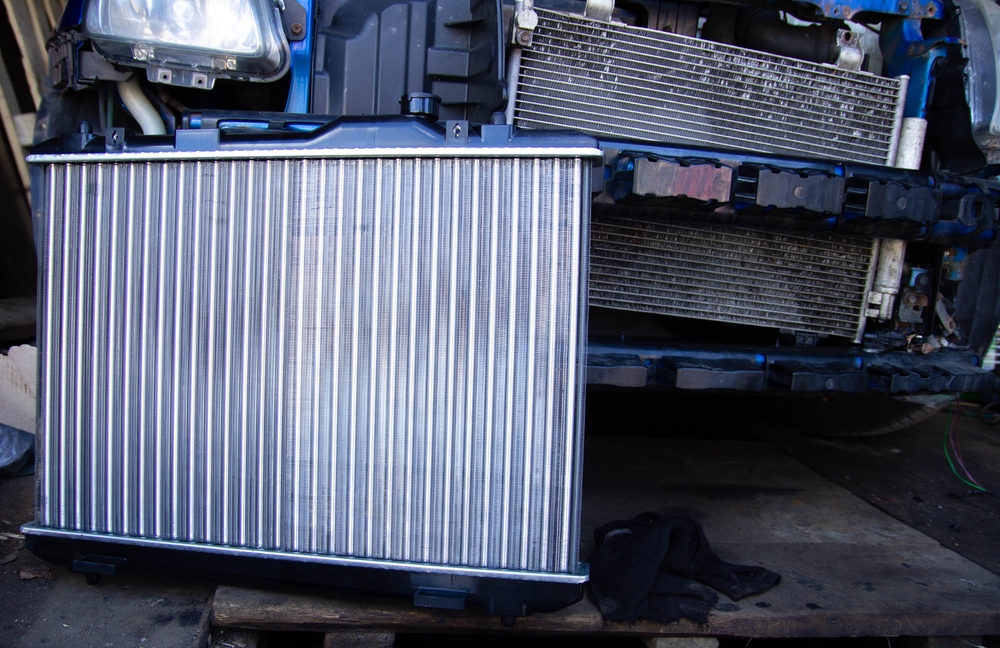
Failing to flush the radiator can lead to coolant contamination and overheating. Radiator flushes remove old coolant and debris, ensuring the cooling system works efficiently. Perform a radiator flush every 30,000 to 50,000 miles. Regular flushing maintains optimal engine temperature and prevents corrosion.
Overloading the Vehicle

Carrying excessive weight can strain the suspension, brakes, and engine. Always adhere to the vehicle’s load capacity as specified in the owner’s manual. Overloading affects handling and fuel economy. Distribute weight evenly to avoid undue stress on components.
Using the Wrong Oil Type
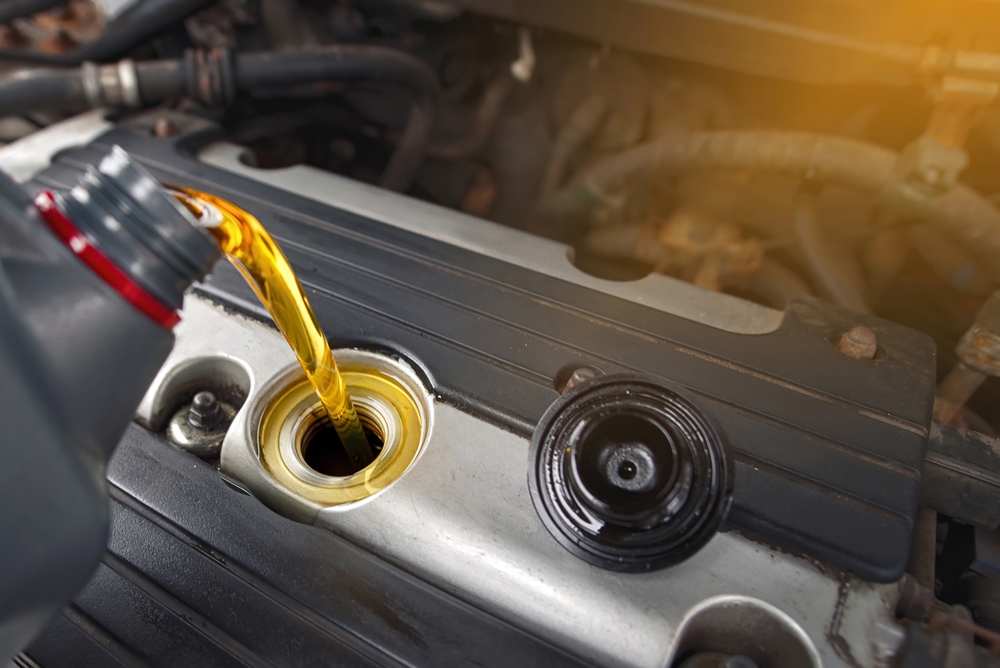
Using the incorrect oil type can affect engine performance and longevity. Always use the oil grade recommended by the manufacturer. Different engines require specific oil viscosities for optimal performance. Using the correct oil type ensures proper lubrication and protection.
Neglecting Rust Prevention
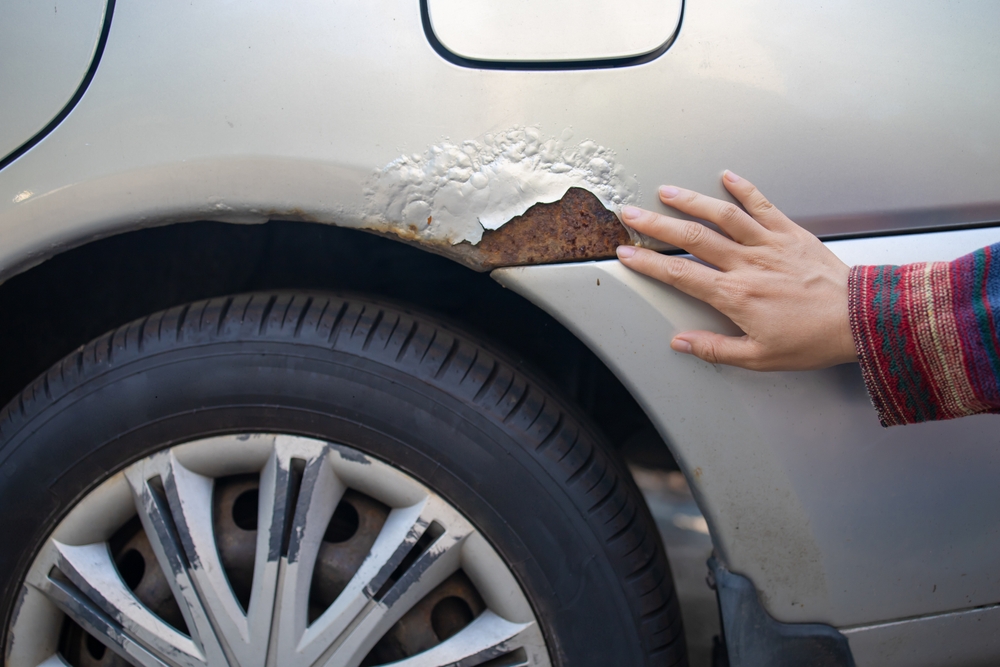
Failing to address rust can lead to significant structural damage. Regularly wash and wax the vehicle, especially in areas with harsh winters and road salt. Inspect for rust and apply rustproofing treatments if necessary. Preventing rust maintains the vehicle’s integrity and resale value.
This article originally appeared on MyCarMakesNoise.
More from MyCarMakesNoise
Top 20 Pickup Trucks for Comfortable Long-Distance Travel

For adventure seekers and road warriors, the right vehicle can make all the difference. Pickup trucks are ideal for those looking to combine daily functionality with rugged, long-distance travel capabilities. Read More.
20 Fun and Interesting Facts About the Ducati Panigale V4

The Ducati Panigale V4 is a superbike that combines high performance with Italian elegance. Known for its powerful engine and advanced technology, this bike offers an exhilarating ride. Read More.
13 Timeless Vintage Convertibles That Always Impress

Vintage convertibles have an undeniable allure that transcends generations, epitomizing the essence of open-air driving with their iconic designs and robust performance. These timeless classics symbolize freedom and style, captivating collectors and driving enthusiasts worldwide. Read More.


